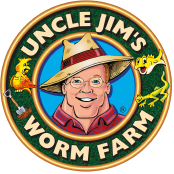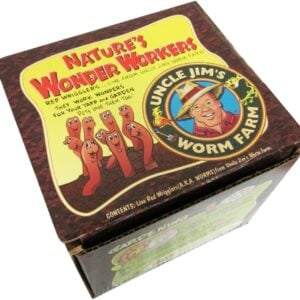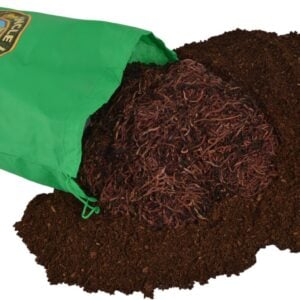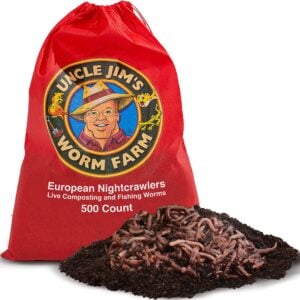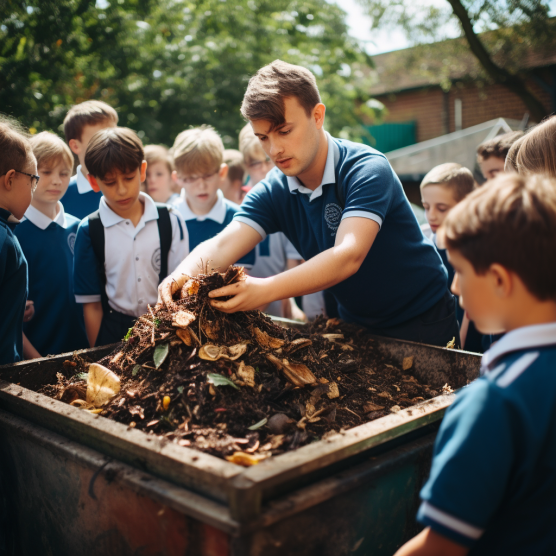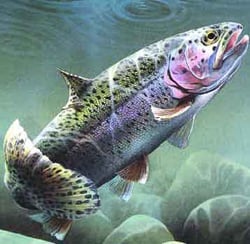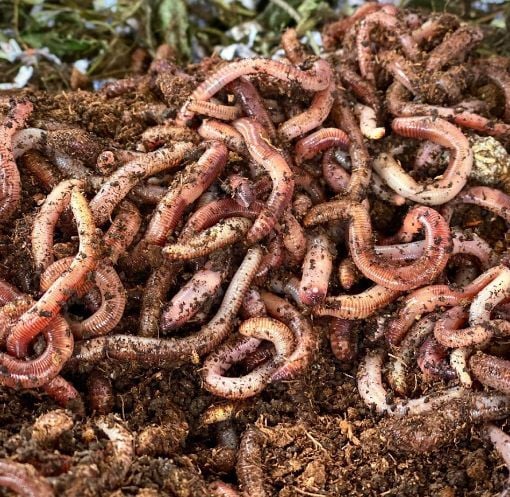 Compost helps starts grow strong! Gardeners often grow “starts” in the late winter and early spring. These are tiny plants grown from seed. Planting starts before the spring growing season gives your plants a boost. Later, you can plant the juveniles outdoors. How do you make starts, and how does compost help? How much compost should you use? Where can you get compost?
Compost helps starts grow strong! Gardeners often grow “starts” in the late winter and early spring. These are tiny plants grown from seed. Planting starts before the spring growing season gives your plants a boost. Later, you can plant the juveniles outdoors. How do you make starts, and how does compost help? How much compost should you use? Where can you get compost?
Which Plants Should You Start?
Peppers, tomatoes, onions, head lettuce, leeks, eggplants, and cucumbers are more likely to survive and thrive if they are started indoors. Coniferous vegetables such as cabbage and broccoli are also great for starts. You can buy seedlings in the gardening store; however, growing your own from seed is cheaper. Store-bought seedlings are available in only a few of the most popular varieties. You will have a much greater variety of seeds to choose from. Also, you have total control over the little plants’ conditions. Therefore, you know what you’re getting.
Get the Containers
You can save the most money if you get ready over the winter. Thrifty gardeners save containers such as yogurt cups, cottage cheese containers — anything the right size. You will need to punch drainage holes in the bottom.
Alternatively, purchase a device that makes start containers. Uncle Jim’s Worm Farm offers two eco-friendly devices:
- The Soil Cube Tool presses the seed start mixture into perfect cubes. These are just the right size to start a seed. When it’s time to plant, put the whole cube in the ground.
- The Paper Potter presses newspaper into a container shape. Plant the seeds in the newspaper containers and let them grow. When the time is right, plant the entire pot. The newspaper will quickly break down so the roots can grow out. The Paper Potter comes in two sizes: regular and large.
You can also find a variety of plastic and peat moss pots at the garden store.
Save Money by Composting
Another place to save money on starts is compost. Compost provides important nutrients and soil-friendly bacteria for baby plants. Of course, you can buy finished compost at your garden store or directly from Uncle Jim’s Worm Farm. Making your own compost costs pennies per pound, when amortized over time. And you will recycle nutrients back into the soil, reducing waste.
To get started with composting, look at our blog posts on composting. We recommend composting with worms, called vermicomposting. The worms speed up the process and run cooler. Vermicomposting has a limited odor when done correctly. You can compost indoors or out. Find out more and then purchase Red Worms from Uncle Jim’s Worm Farm. We also offer several composters that simplify harvesting.
How to Make Soil for Starts
While there is no single recipe for start soil, here are some ideas:
- Mix compost with a package of seed-starting mix from your local garden center, or
- Mix 1 part vermiculite, 1 part coconut coir, and 1 part compost.
Acquire Seeds
Choosing seeds is the most creative part. Comb through health food stores, gardening centers, and grocery stores for interesting seeds. Seeds are abundant online, including heirloom seeds and exotic crosses. Uncle Jim’s offers a selection of heirloom seeds. Smaller seeds will be easier to start than larger ones. Broccoli, lettuce, and tomatoes are good choices. Potatoes, sweet potatoes and carrots are root vegetables and therefore not suitable for starts.
Ready to Start
Consult the seed packages, a planting calendar, or The Farmer’s Almanac to choose a date to plant the seeds. Place the soil in the containers. Plant each seed, then add water. Your pots may be easier to manage if placed on trays. Put the starts in a warm, sunny spot, keep them watered, and wait for a miracle. Soon the sprouts will be big enough to transplant outdoors!
Nature really is miraculous. Vegetation scraps from last year can fertilize this year’s new crop. Just compost left-over organic matter and kitchen scraps. Feed them to worms and soon enough, you will have fertilizer for new plants. Composting recycles nutrients, and it’s 100% natural. Uncle Jim’s Worm Farm is the #1 supplier of composting worms in the United States. Please check out our worms, supplies, composters, and seeds.
